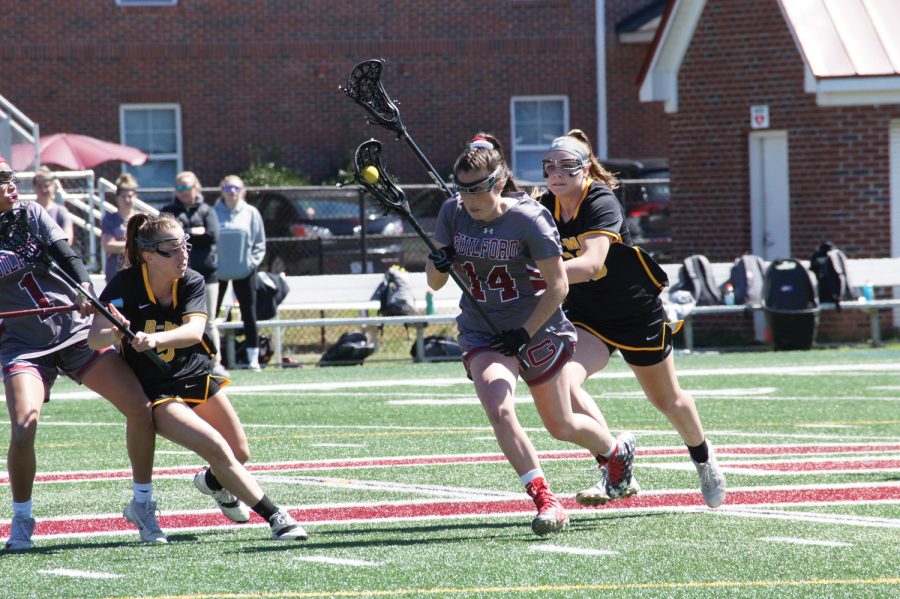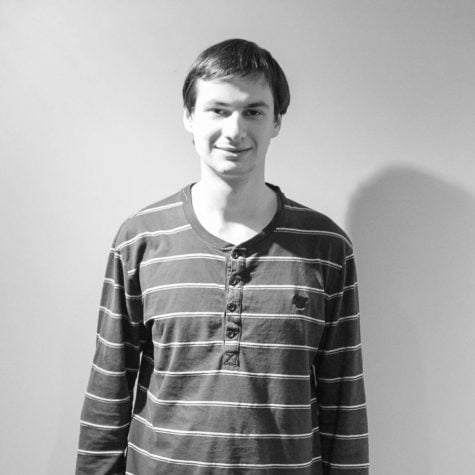Turkey made headlines this summer when a failed coup attempt was quickly put down. The coup has proved just one of many issues facing an increasingly polarized government this year.
Much of the controversy in Turkey today revolves around President Recep Tayyip Erdoğan, who, well before the coup, proved willing to curb free expression.
In March, a newspaper that criticized the government, Zaman, was turned over to government trustees. In June, a man who posted a photo on Facebook juxtaposing images of the fictional character Gollum with Erdogan’s face was convicted of insulting the president and received a one-year suspended sentence.
Then, on July 15, a group of military officers tried to seize control of the government in a coup attempt. Erdogan narrowly escaped, and members of opposition parties rallied to him, protesting the military take over.
“This 15 of July events to overthrow the government showed that the people of Turkey, no matter if they support Erdogan or not, supported democracy,” said Ali Askerov, an assistant professor of Peace and Conflict studies at University of North Carolina at Greensboro. “I think Erdogan has strong support, popular support, even stronger probably than he had before 15 July of this year.”
Erdogan blamed the coup on a former political ally, Fethullah Gülen, a cleric now living in Pennsylvania, and began a search for suspected Gülenists in Turkey.
According to The Economist, 60,000 people were purged following the coup. This extended well beyond the military to include judges, academics, football referees and doctors, according to Time magazine.
These crackdowns before and after the coup have brought criticism both from outside and inside the country.
“People are really, really frustrated,” said Kristian Laureiro ‘16, who studied in Istanbul in 2014. “People are upset. It’s going to cause more instability.”
The coup risked Turkey’s role as a key ally in the North Atlantic Treaty Organization, too. Among other issues, Turkey houses weapons for the U.S., an arrangement that was called into question by the Stimson Center, a non-partisan think tank, after the coup.
Turkey has also been in conversations with the European Union about potentially joining, but many countries in the EU are reluctant to go forward with negotiations, citing concerns about human rights.
Askerov, however, thinks that recent events are just a convenient excuse for Europe.
“To be honest with you, no matter (if the coup) happened in Turkey or did not happen in Turkey, European countries, most members of the EU are against Turkish membership,” said Askerov.
One of the major issues affecting negotiations with Europe is Turkey’s population of Syrian refugees, which is about 2.7 million now, according to Askerov. The EU has tried negotiating economic support in exchange for returning some of their refugees to Turkey, even as negotiations for membership have stalled.
The refugees are just a symptom, however, of broader regional issues that are affecting Turkey.
Turkish troops are currently fighting the Islamic State group, while also facing a renewal of its own internal war against the Kurdistan Worker’s Party, or PKK.
“There is a new wave of war in the Turkish army and the PKK, as well as the Turkish army and those in Northern Syria,” said Askerov. “No matter how strong the Turkish army is, how strong the Turkish security forces are, Turkey is very vulnerable to terror instability because of Syria … But the major problem still for Turkey is PKK.”
The Kurdish separatists hope for a separate state of Kurdistan, carved out of Turkish territory and have been waging an armed struggle against the Turkish government since 1984. They negotiated a cease-fire in 2015 but resumed the conflict in July of this year.
With a war being fought against Islamic extremists in Syria, Kurdish separatists in Turkey, and during the coup, their own military, Turkey has found itself embattled on a number of fronts this year.
“Now the Turkish army is in Iraq and in Syria as well, fighting against ISIS,” said Askerov. “So I think Turkey should be understood well and given support at this point.”
In the midst of all of this, Erdogan has proved a popular but highly polarizing leader, who has been willing to detain anyone suspected of disagreeing with him. While Turkey may have weathered the coup this summer, its future — and its relationships with its allies — remains uncertain.











